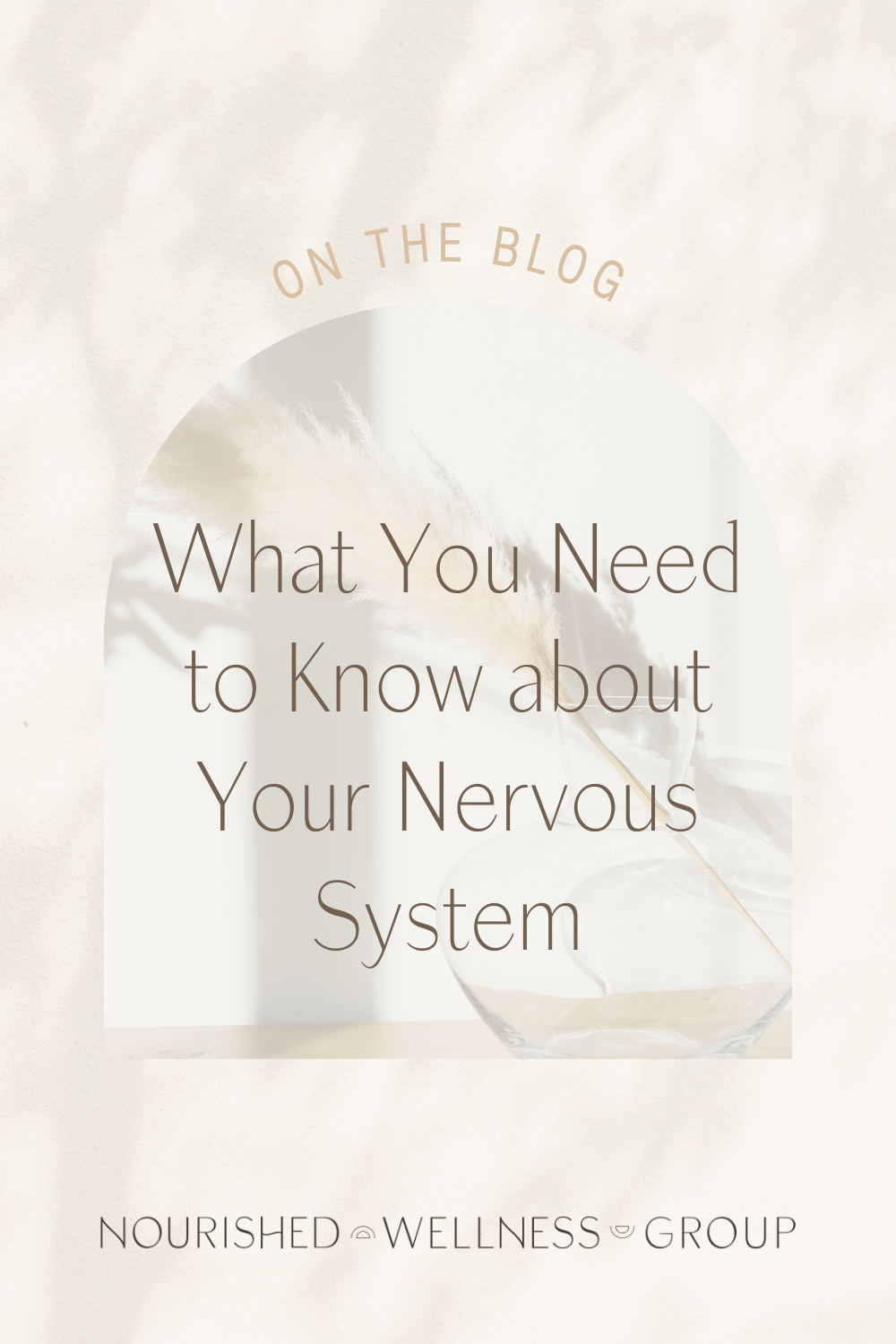Holistic Healing: Breathwork
Nourished works with a curated list of holistic partners to provide supplemental support to your treatment plans. Learn more about our supplemental holistic services here!
Nervous system + Breathwork
A common way to practice nervous system regulation is with the breath. Our vagus nerve runs from our brain to our gut, and passes through our throat and lungs. Vagus nerve stimulation and several meditation techniques demonstrate that modulating the vagus nerve has a therapeutic effect, mainly due to its relaxing and anti-inflammatory properties (Breit, Kupferberg, Rogler and Hasler, 2018).
Our breathwork coach, Reis, works with your breathing to give you tools to help you regulate your nervous system with your breath. Reis shares that, “this can be done in real time…wherever you are”. He has a goal-oriented approach to help you learn the science behind our breathing and focusing on our physiology, mechanics of breathing, and our nervous system.
What are the benefits of breathwork?
Breathwork can provide relief and aid in your process of healing.
Benefits include:
Relieving stress and anxiety
Increased energy throughout the day
Improved sleep
More relaxation
Tools to regulate your nervous system
Pain relief
Learning about the mechanisms of your breath
Improved physical performance
what should I expect?
Reis starts out with an assessment of your current breathing. He looks at breathing dysfunction, stress, and trauma.
He offers privates, workshops, group events, retreats, as well as an online based community.
Pin This Post!
Related Posts
If this post was helpful, you might also like these…









Feeling stuck in traditional talk therapy? Let’s chat about how bottom-up approaches like somatic therapy can help you access and process deeper layers of your unconscious emotional experiences.